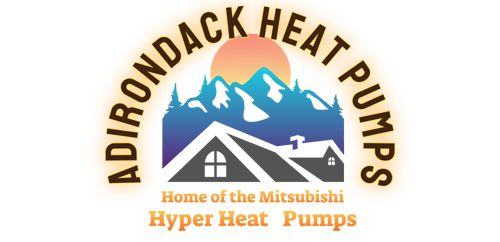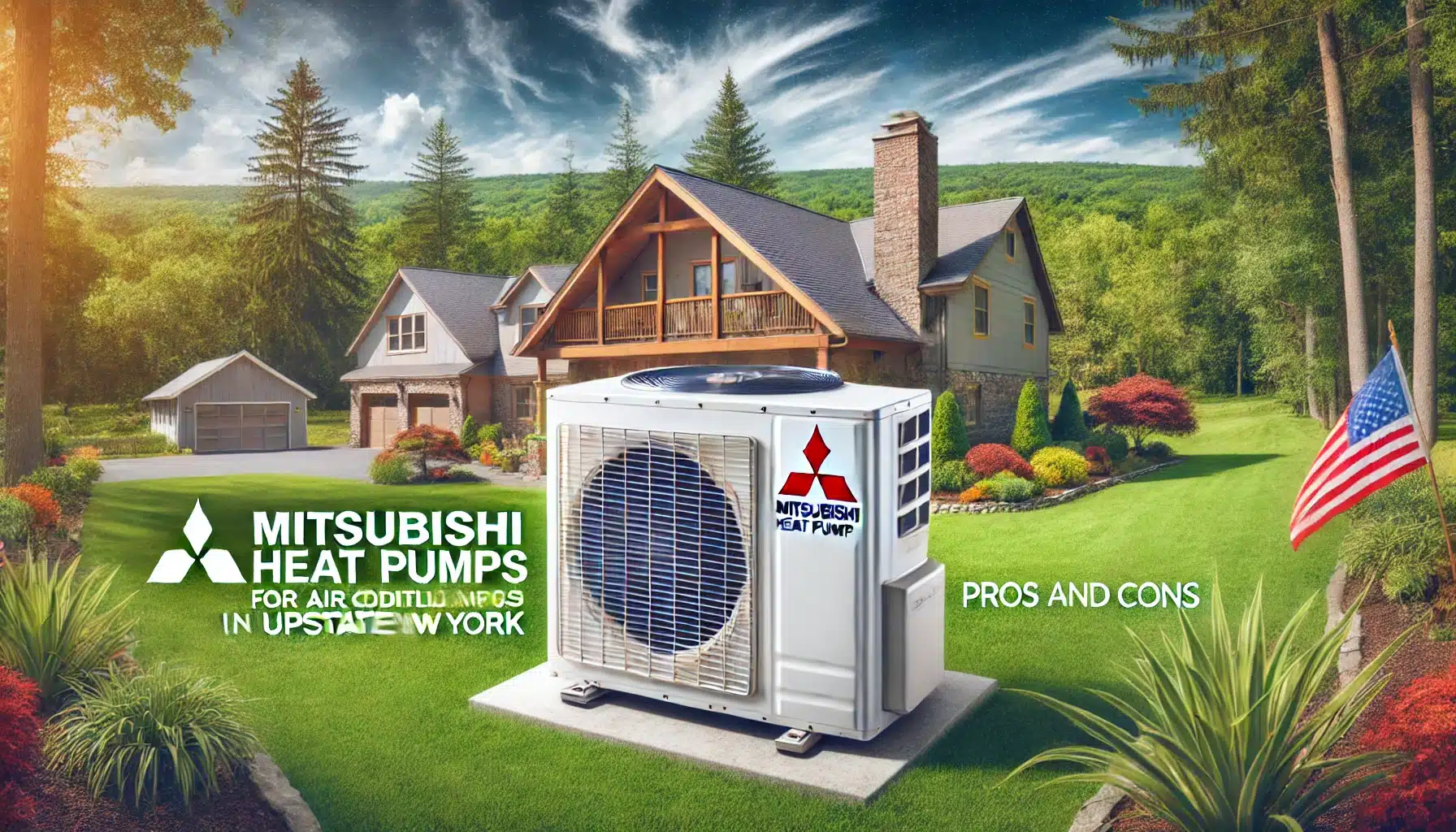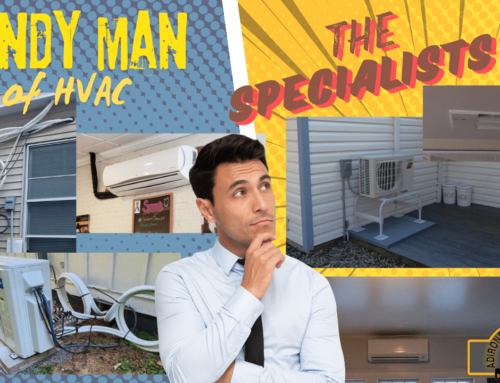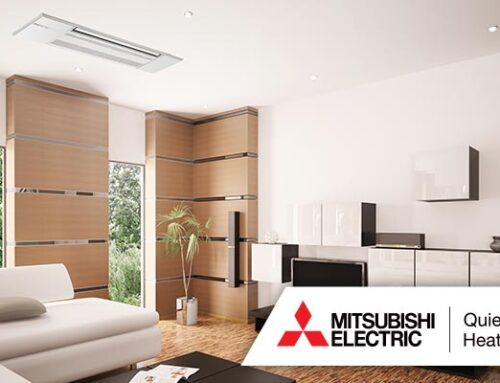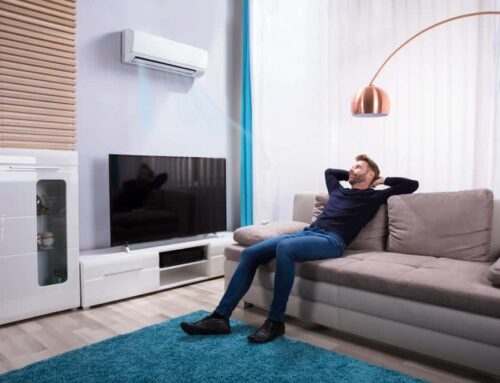When it comes to choosing an air conditioning solution for homes in upstate New York, Mitsubishi heat pumps have become an increasingly popular option. They offer several advantages but also come with some drawbacks that homeowners need to consider. In this detailed blog post, we’ll explore the pros and cons of using Mitsubishi heat pumps for air conditioning in this region, helping you make an informed decision.
Pros of Using Mitsubishi Heat Pumps
1. Energy Efficiency
Mitsubishi heat pumps are known for their high energy efficiency. They use advanced inverter technology that adjusts the compressor speed to meet the cooling or heating demands precisely. This means they consume less electricity compared to traditional HVAC systems, which can result in significant cost savings on energy bills.
Example: According to the U.S. Department of Energy, heat pumps can reduce electricity use for heating by approximately 50% compared to electric resistance heating such as furnaces and baseboard heaters.
2. Dual Functionality
One of the significant benefits of Mitsubishi heat pumps is their ability to provide both heating and cooling. This dual functionality makes them an excellent choice for upstate New York, where temperatures can vary widely across seasons. During summer, the heat pump extracts heat from your home and releases it outside. In winter, the process reverses, drawing heat from the outside air and bringing it indoors.
3. Environmentally Friendly
Mitsubishi heat pumps are more environmentally friendly compared to traditional heating and cooling systems. By using electricity more efficiently and reducing the reliance on fossil fuels, they help lower greenhouse gas emissions. Additionally, many Mitsubishi models use R-410A refrigerant, which has a lower environmental impact than older refrigerants like R-22.
4. Improved Indoor Air Quality
Mitsubishi heat pumps often come equipped with advanced filtration systems that help improve indoor air quality. These systems can capture dust, allergens, and other particulates, making the indoor environment healthier, which is particularly beneficial for those with allergies or respiratory issues.
5. Quiet Operation
Mitsubishi heat pumps are designed for quiet operation. This can be a significant advantage in residential areas where noise pollution can be a concern. The outdoor units operate at low noise levels, often quieter than traditional air conditioning systems.
Example: Many Mitsubishi heat pump models operate at noise levels as low as 19 decibels, which is quieter than a whisper.
6. Flexible Installation Options
Mitsubishi heat pumps offer various installation options, including wall-mounted, ceiling cassette, floor-mounted, and ducted systems. This flexibility allows homeowners to choose a solution that best fits their space and aesthetic preferences. They can be installed in new constructions or retrofitted into existing homes with minimal disruption.
Cons of Using Mitsubishi Heat Pumps
1. Initial Cost
One of the main drawbacks of Mitsubishi heat pumps is the initial cost. The upfront expense of purchasing and installing these systems can be higher compared to traditional HVAC systems. This can be a significant consideration for homeowners on a tight budget.
Example: The cost of a Mitsubishi heat pump system can range from $3,000 to $7,000 or more, depending on the model and installation complexity.
2. Performance in Extreme Cold
While Mitsubishi heat pumps are designed to operate efficiently in a wide range of temperatures, their performance can decline in extreme cold conditions.
In upstate New York, where winter temperatures can plummet, Mitsubishi heat pumps are designed to maintain comfortable heating even down to -13°F without the need for supplemental heating, provided the system is correctly designed. While the Coefficient of Performance (COP) does decrease as temperatures drop, indicating that more kWh are required to transfer the necessary BTUs to maintain the desired temperature, the system remains 100% efficient at -13°F. Although the efficiency decreases as it gets colder, Mitsubishi heat pumps are engineered to reliably heat homes in even the harshest winter conditions.
3. Maintenance Requirements
Regular maintenance is crucial to ensure the optimal performance of Mitsubishi heat pumps. This includes cleaning or replacing filters, checking refrigerant levels, and ensuring the outdoor unit is free of debris. Neglecting maintenance can lead to reduced efficiency and potentially costly repairs.
4. Aesthetic Concerns
Some homeowners may find the indoor units of Mitsubishi heat pumps less aesthetically pleasing compared to traditional HVAC systems. While there are various designs available, the presence of wall-mounted units or ceiling cassettes might not suit everyone’s taste.
5. Potential for Higher Utility Bills in Winter
In areas with harsh winters, such as upstate New York, the reliance on electric heating provided by heat pumps can lead to higher utility bills during the coldest months. While they are more efficient than electric resistance heaters, they may not be as cost-effective as natural gas heating systems in extreme cold.
Conclusion
Mitsubishi heat pumps offer a range of benefits, including energy efficiency, dual functionality, and improved indoor air quality, making them a compelling option for homeowners in upstate New York. However, the initial cost, performance in extreme cold, and ongoing maintenance requirements are important factors to consider.
Ultimately, whether a Mitsubishi heat pump is the right choice for your home will depend on your specific needs, budget, and the local climate. Consulting with a professional HVAC contractor can help you assess your options and make an informed decision that balances comfort, efficiency, and cost.
Sources
- U.S. Department of Energy. (n.d.). Heat Pump Systems. Retrieved from energy.gov
- Mitsubishi Electric Cooling & Heating. (n.d.). Residential Products. Retrieved from mitsubishicomfort.com
- Consumer Reports. (2023). Best Heat Pumps of 2023. Retrieved from consumerreports.org
- Energy Star. (n.d.). Heat Pumps. Retrieved from energystar.gov
By considering these pros and cons, you can better understand how Mitsubishi heat pumps might fit into your home heating and cooling strategy, especially in the variable climate of upstate New York.
